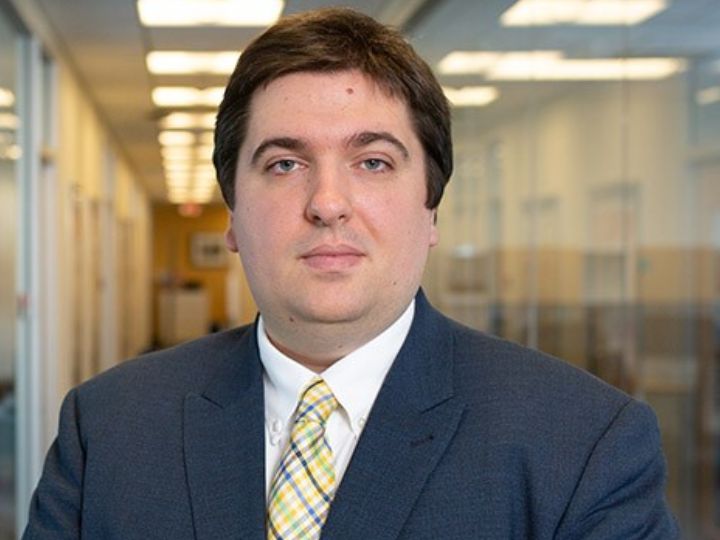

Fighting the rising tide of opioid addiction and death, the Prescription Drug Misuse Education and Research (PREMIER) Center at the University of Houston College of Pharmacy has been funded for the next two years by the Texas Health and Human Services Commission for an additional $3.34 million.
The center’s fundamental priority – to reduce the risks of prescription drug misuse – is based on and supported by a grim reality: According to the Centers for Disease Control and Prevention, more than 200,000 deaths in the U.S. between 1999 and 2017 are attributed to prescription opioid overdose, clearly marking the trend as a growing nationwide epidemic.
The funding will support three distinct projects: removing unused controlled substances from homes; helping physicians and health systems reduce patient risk with initial opioid prescribing; and, providing training to pharmacists to improve safe opioid dispensing in community settings.
Hundreds of millions of controlled substance prescriptions are written and filled every year making risk mitigation a critical priority.
Since its inception in 2018, the PREMIER Center has distributed close to a half million in-home safe drug disposal products to offer a convenient and environmentally friendly method of medication disposal.
“The provision of single-use disposal systems to pharmacies, first responders, community coalition partnerships, school districts and other organizations around the state remains fundamental to the success of this initiative,” said Douglas Thornton, director of the PREMIER Center and associate professor in the College of Pharmacy.
"We have grown the number of distinct distributors served from a handful of community coalition partnerships to 718 diverse organizations located in every corner of the state. Our focus now remains on building the evidence to support scalable drug disposal programs with measurable process and outcomes.”
Among those collaborations, the PREMIER Center has worked with three Texas Medical Center health systems to aid opioid stewardship interventions by translating research into practice that benefits patients: Michael E. DeBakey VA Medical Center, Houston Methodist Hospital and St. Luke’s Health.
The center also has a distinct focus on education, having provided materials to more than 100,000 people across Texas that offer guidance on safe and effective use of controlled substances.
To further keep patients healthy, especially those who use controlled substance medications, the PREMIER Center challenges health care providers to identify new ways to mitigate risk while prescribing or filling opioid prescriptions.
“The center is also evaluating risk mitigation strategies to keep patients safe at the time of initial opioid prescribing. We hope to combine prescriber and patient voices to make recommendations on risk mitigation tools to improve clinical efficiency and patient safety,” said Thornton.
Thornton’s PREMIER team includes Matthew Wanat, clinical associate professor of pharmacy practice and Tyler Varisco, assistant professor in pharmaceutical health outcomes and policy.